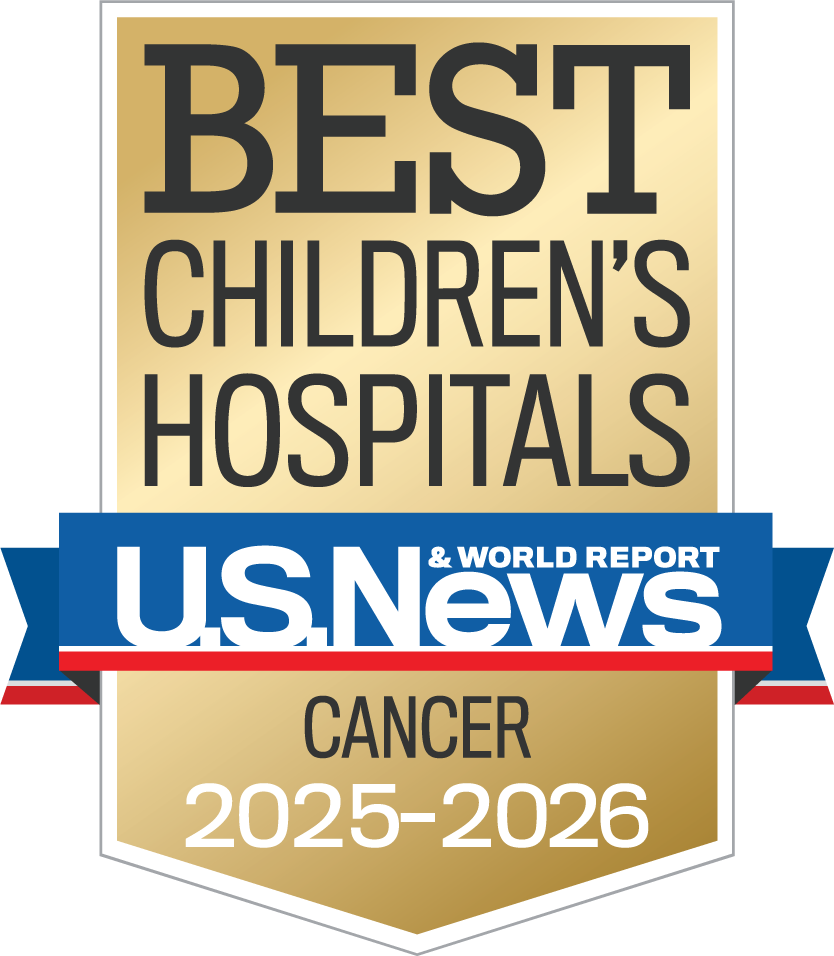Oncology providers administer treatment to approximately 70,000 adolescent and young adult patients (AYA) each year in the United States, three CHOC oncology staff members write in HemOnc Today.
Fertility preservation is central to the health and wellness of this population, defined as those aged 15 to 39 years.
As such, it is of great importance to distinguish which patients are at risk for infertility, understand what options — both established and experimental — are available to preserve fertility, and know how to advocate for and educate our patients about those options.
The focus of this article is on AYA patients with cancer, as this population is the most likely to be fertile. However, we understand and appreciate that women and men aged 40 years or older may desire to have a family following their cancer diagnosis and, if this is the case, the same options discussed below may be applicable to these patients.
The desire to have a family is prevalent in young cancer survivors. However, many patients may not raise the topic of fertility preservation at the time of diagnosis for a variety of reasons. They may be overwhelmed by and focused exclusively on the cancer diagnosis. They could be unaware that potential fertility loss may occur, or they might be concerned that pursuing fertility preservation will delay treatment.
Therefore, it is incumbent on the oncology team to properly educate patients whose fertility may be affected by their treatment.
Read the rest of this article from Dr. Leonard Sender, medical director of the Hyundai Cancer Center at CHOC; Julie Messina, an oncology physician assistant; and Keri Zabokrtsky, research program supervisor at the Hyundai Cancer Genomics Center, in HemOnc Today.

CHOC Hospital was named one of the nation’s best children’s hospitals by U.S. News & World Report in its 2025-26 Best Children’s Hospitals rankings and ranked in the cancer specialty.




